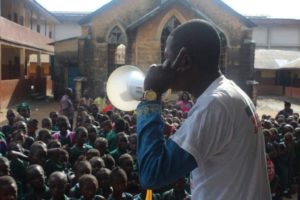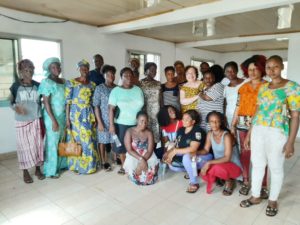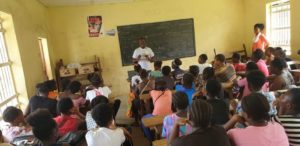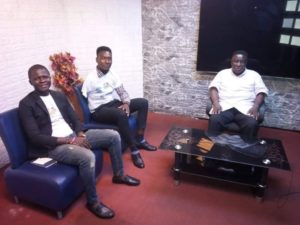MEET ARIANA
Mental health: having enough safe places in your mind for your thoughts to settle- Alain de Botton
Mental health: having enough safe places in your mind for your thoughts to settle- Alain de Botton
 FINDING MYSELF
FINDING MYSELF TRUST THE TIMINGS OF LIFE
TRUST THE TIMINGS OF LIFE
 THE WAY FORWARD
THE WAY FORWARD TOGETHER WE CAN DO SO MUCH
TOGETHER WE CAN DO SO MUCH